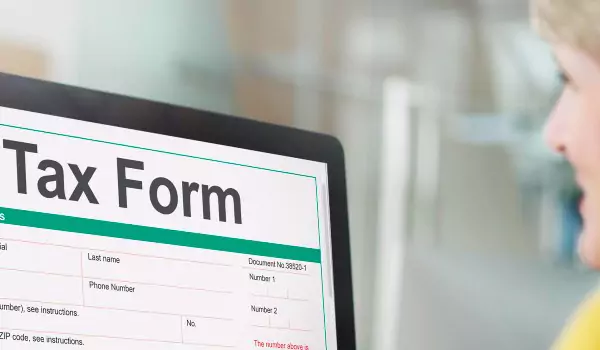Friday, 13 Dec 2024

Businesses have to comply with various tax regulations for lawful operations. They also have to maintain records of the taxes paid to provide evidence to the Australian Taxation Office (ATO) whenever required. These records are needed by the business to perform tax planning and keep track of expenses and tax deductions. Among these taxes, businesses registered for goods and services tax (GST) should be aware of their record-keeping obligations. Entities that have GST turnover above $75,000, claim fuel tax credits or provide taxi or limousine services have to register for GST.
It is a tax that is levied on most goods and services sold in Australia. Registered businesses collect this 10% tax from their customers and submit it to the ATO by the due date. They have to provide the customers with tax invoices that provide details of the GST charged for each billed item. Since it sounds a bit complex to new entrepreneurs, here is everything about record-keeping requirements for GST in Australia. It helps to comply with regulations and make informed decisions.
Record-keeping is an important task performed by Melbourne bookkeepers for all types of businesses. It involves tracking all the transactions and maintaining their records by preserving the receipts and invoices. These include all the incomings and outgoings, such as salaries, super, taxes, equipment purchases, etc. It allows the business owner to determine their expenses and income for a given period. These records must be maintained for five years per the regulations set down by the ATO and can be checked by them during an audit. If the business fails to provide these records, it can get penalised.
Businesses registered for GST that submit the business activity statement (BAS) for reporting requirements and claim GST credits must maintain specific records. They must preserve evidence of income generated and expenses incurred due to GST, including customer tax invoices, sales documents, and other business costs. They should also have supporting documents related to GST calculations and adjustments.
Experienced bookkeeping in Melbourne can help maintain the accuracy of the numbers during calculations for claiming GST credits without hassles. The ATO can deny or modify certain GST credit claims, making it necessary to have accurate records. Many bookkeepers create a separate ledger account for GST. In addition, businesses that import goods into the country must retain the documents received from the Department of Home Affairs reflecting the GST paid for the imported goods.
Businesses registered for GST must use the services of qualified bookkeepers Melbourne to determine whether their sales are taxable or GST-free. They have to include GST in the price of the products and issue tax invoices to customers for these sales. They should also keep the tax invoices received for their business-related expenses. The bookkeeper makes efforts to keep the GST collected from customers separately and pay it to the ATO.
They have to prepare the business activity statement to report their sales and expenses for GST refund and payment to the ATO. GST accounting is done on a cash basis, which means that GST is collected and paid during the tax period it is received. Some business purchases that are partly used for personal benefit can be claimed for full GST credit.
Records must be maintained for all transactions related to the establishment, operations, modification, selling, and closure of the business. Entrepreneurs who use business assets for personal use must be able to provide evidence of business use. The records should not be tampered with or damaged. To preserve them effectively, they can be stored electronically or in the form of documents. The ATO can check the protection measures adopted by the business for the preservation of these records.
Entrepreneurs should provide the records requested by the ATO, and they must be accurate and up-to-date. If the data is stored on computers and protected with an encryption system, the ATO must be provided with an encryption key to access the desired information. Melbourne bookkeepers ensure the records are categorised, labelled and stored in the correct order for easy identification.
GST records have to be maintained for five years from the time they were created or the transaction was completed. The records should be preserved for the amendment period during which they can be reviewed. These are needed to claim GST credits from the ATO. If the credit amount is more than the GST collected and paid to the ATO by the business, they are entitled to a refund. Businesses can pay GST in instalments in every quarter. Start-ups must identify the time when they expect the GST turnover to reach $75,000 and get registered to start maintaining the records. Effective bookkeeping in Melbourne ensures that deadlines are not missed and payments are made to the ATO on time.
Record-keeping is essential for businesses because of their legal obligations in Australia. They must keep track of their GST turnover and ensure that they maintain the required records when they cross the threshold. The information above can help them maintain compliance.